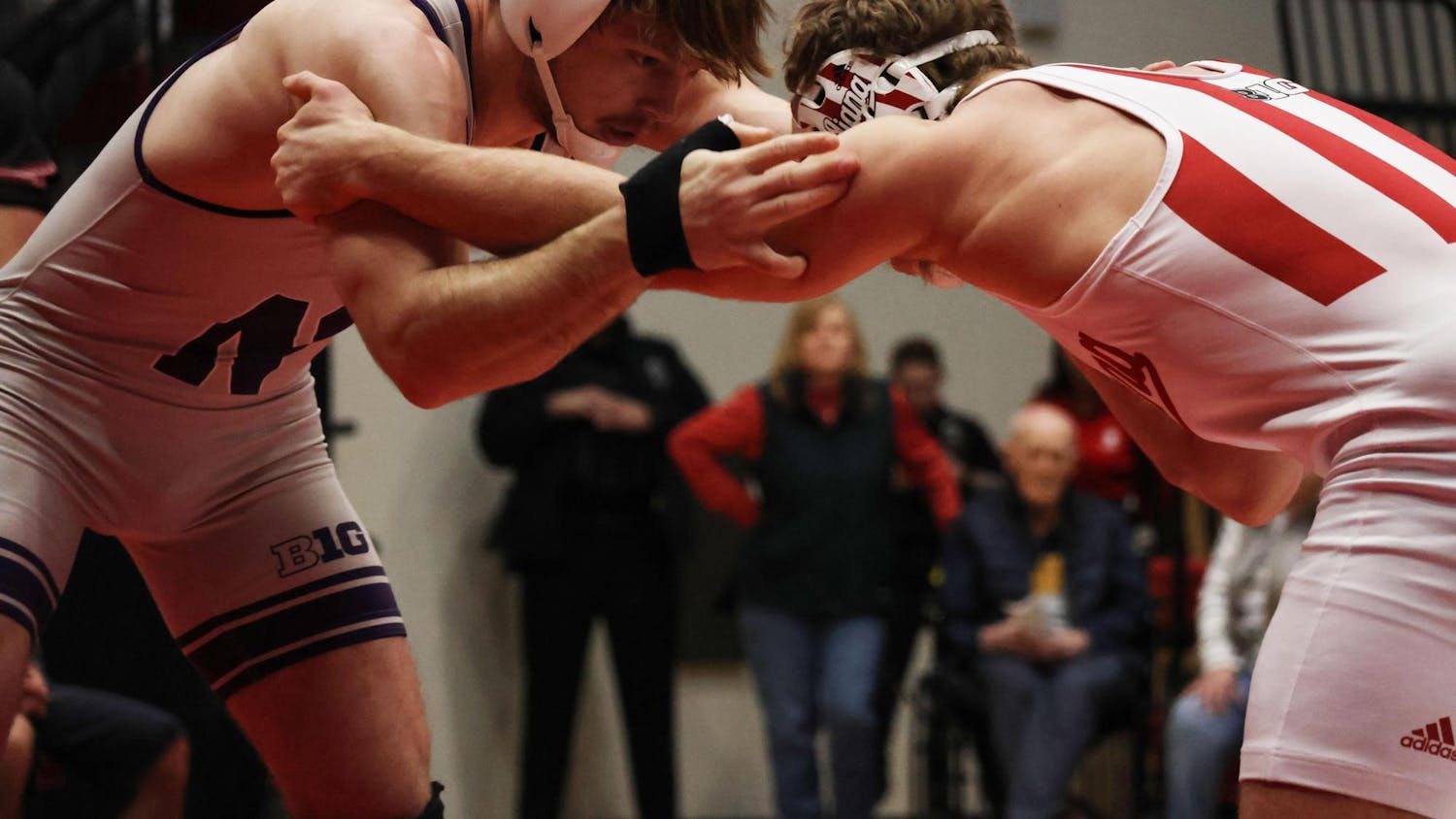Before transferring to Bloomington High School North, sophomore Joe Mikiska had never taken a photography class because his old high school didn’t offer one.
“They didn’t have a lot of art classes, so I thought, ‘I can’t draw, so I suck at art,’” Mikiska said. “I took a photography class at IU, which I wouldn’t have if I didn’t take it at North.”
Mikiska and sophomore Thea Bransby participated in the National Art Honor Society at Bloomington High School North, a club that Bransby said was part of an amazing art program at the school.
“The band and music classes led me to what I’m doing today: jazz singing,” she said. “So many people have gone into music because of that program. Sometimes it was the thing that made them stay in high school.”
With many school districts, including the Monroe County Community School Corporation, making cutbacks due to financial strain, extracurricular activities offered by the schools are getting pulled onto the chopping block.
In June, the MCCSC announced teacher contract changes for the 2010-11 academic year calling for cut stipends for extracurricular activities such as music, sports and other after-school activities.
“Schools are looking for any possible way not to spend money so they don’t have to cut, and they’ve had to make a lot of hard choices,” IU admissions director Mary Ellen Anderson said. “We, of course, love for students to have had those opportunities, because many times the extracurricular activities can really make a difference in academic interest.
“We know that those things are important, but on the other hand, if cutting extracurricular activities is going to help save the job of the math teacher or the English teacher — these are really difficult decisions.”
However, these cuts not only affect students during their high school years but continue to follow them into their college admission and scholarship application processes.
The 2010–11 Freshman Application for Admission to IU asks applying students to list their extracurricular activities.
The first page of the packet offers students “the option to provide a summary of their important extracurricular activities during high school. This is not required.”
Some students enter the college application process believing that, without an extensive list of extracurricular activities, some universities will not accept them, but Anderson said that’s not the case.
“That’s really not part of the overall admissions decision,” she said. “We make it primarily on the student’s academic profile, courses in high school and the GPA in those courses. I doubt personally that any school, if a student didn’t have the opportunity to participate in extracurriculars ... expects to see five clubs in these categories.”
But while the activities might not affect a student’s chance of being admitted to a university, scholarship committees are not only looking for the brightest students, but the next campus leaders as well.
“The Office of Scholarships awards the automatic scholarships based totally on the numbers, but then the Hutton Honors College looks holistically at the students,” said Lynn Cochran, assistant dean for the Honors College.
On the college’s scholarship application, Cochran said, students are asked to write one essay discussing their most significant extracurricular activity. When the application is reviewed, it is also noted how many years the student was involved in the activity.
“So, extracurriculars are really important in that sense that the faculty committee are looking for students who are really engaged and involved in high school,” Cochran said.
By the time a student meets the criteria for the Honors College, Cochran said his or her academic credentials are already exceptional.
“We generally make offers to about a third of that group, so we’re really looking for that top third of an exceptional pool of students,” she said. “The reason that the faculty review committee looks so closely at extracurriculars is they’re really looking to recruit a class to IU who will be leaders and enhance the existing organizations here as well as have the initiative to create new organizations.”
In the applications, faculty reviewers look for students who have the drive to create a unique experience for their school and the other students, Cochran said.
“They would have trouble doing that without the support of their schools,” she said.
Cochran said while it is possible to find extracurricular activities outside of a student’s high school, the search can be difficult.
“The problem with looking elsewhere is churches, of course, offer a lot of mission trips, but they’re not going to offer school newspapers, art clubs, sports — the programs that build a sense of a relationship with their high school,” she said. “For them to have to go somewhere else to participate in an opportunity means finding transportation, which is harder for middle school kids and freshmen and sophomores.”
Cochran said the scholarship application also asks for a letter from a teacher or advisor discussing the student’s extracurricular activities, and with some activities being cut, teachers are not given the opportunity to get to know students outside of the classroom.
“How many kids say later in their life they chose their major because of an important teacher that they had in high school?” she said.
Scholarship committee seeks leadership, grades
Get stories like this in your inbox
Subscribe





